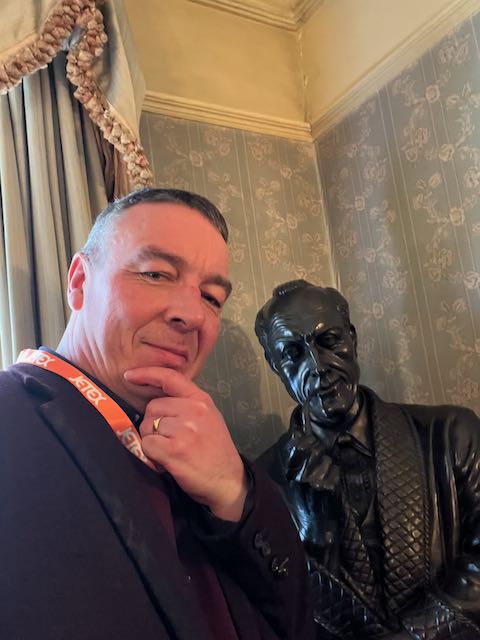In a world increasingly defined by the invisible threads of information networks, are we aware of how these systems are shaping our lives, decisions, and futures? Drawing from works like Yuval Noah Harari’s Nexus, which maps the evolution of information networks from the Stone Age to AI, the question isn't whether these networks influence us—it’s whether we understand their influence enough to manage it effectively.
Who influences you? How do you critically manage the inputs you receive? What does your algorithm filter in or out?
The Double-Edged Sword of Information Networks
Information has always been a tool of power. From the earliest societies to today’s hyper-connected world, networks have been central to human progress. Yet Harari’s stark warning rings true: while these networks connect and empower, they can also mislead, fragment, and alienate.
- Are your organization’s communication systems designed for clarity or confusion?
- Is technology enabling collaboration, or is it creating silos and dependency?
As businesses, leaders, and individuals, we need to ask tough questions about the systems we rely on daily. Without a deliberate strategy, we risk ceding control to algorithms, misinformation, or simple inefficiency.
The Human Element: Where Are We in This Story?
While Nexus paints a vivid picture of how shared narratives shape society, it also leaves us with a challenge: are we still the authors of our stories, or have we outsourced that responsibility to the systems we’ve built?
- In your organization, who crafts the narrative that connects and motivates your teams?
- Are you leveraging technology to enhance human agency, or are you allowing it to erode autonomy?
In my experience as a consultant and strategist, I’ve seen organizations adopt technology without a clear vision of how it aligns with their people, purpose, and culture. The result? Lost opportunities and fractured teams. Dissatisfaction and disruption.
The Rising Tide of AI: Opportunity or Threat?
Harari’s exploration of AI’s role in shaping information networks raises critical concerns. AI can amplify efficiency, but it can also strip us of agency. The question isn’t whether to adopt AI, but how to do so responsibly.
- Does your AI strategy prioritize ethical considerations and human creativity?
- Are you using AI to connect your people, or are you inadvertently creating distance?
As someone who has worked at the intersection of technology, leadership, and psychology, I believe in the transformative power of AI—when used wisely. The key is to design systems that enhance human potential, not replace it.
Empowerment Through Strategic Thinking
At the heart of these challenges is a pressing need for empowerment. Organizations and individuals must reclaim control over their networks, narratives, and technologies. This is not just about avoiding pitfalls; it’s about unlocking new possibilities:
- What would happen if your team was aligned around a clear, shared vision?
- How could ethical, human-centered technology position you to outperform the competition?
Empowerment begins with understanding. By combining insights from psychology, technology, and strategy, we can create solutions that not only address the challenges highlighted by Harari but also set the stage for sustainable growth and success.
The Path Forward
Harari and others have illuminated the risks. But the real question is: What are we going to do about it?
I believe in turning complex challenges into actionable strategies. Whether it’s building resilient networks, crafting compelling narratives, or integrating technology responsibly, solutions are within reach.
- Are you ready to take control of your networks and narratives?
- How will you shape the future of your organization in an era of rapid technological change?
If these questions resonate with you, let’s have a conversation. Together, we can turn uncertainty into opportunity—and create a future where people, technology, and strategy work in harmony.
Change Course Now!
As a consultant with decades of experience navigating complexity in aviation, leadership, and organizational psychology, I’m here to help you answer these questions—and more. Reach out to discuss how we can shape your future, one strategy at a time.







.svg)
.svg)
